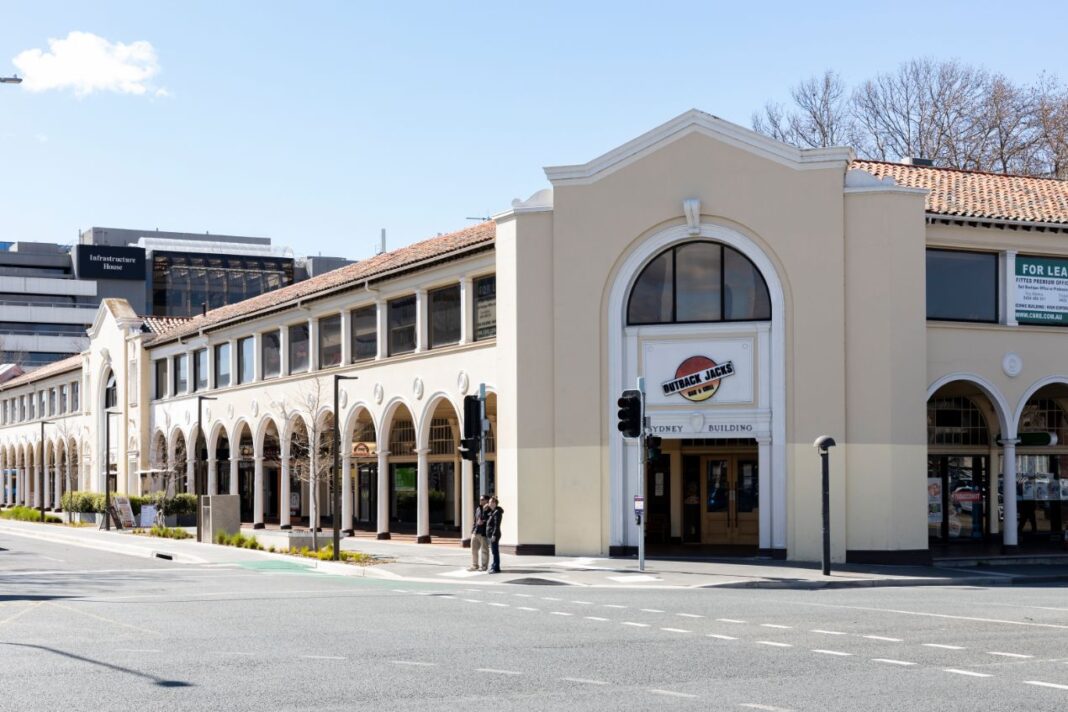ABS data released today confirmed Australia has entered its first recession since June 1991.
Today’s figures showed Gross Domestic Product (GDP) fell 7% in the June quarter – the largest quarterly fall on record – following a 0.3% fall in this year’s March quarter.
The 7% quarterly GDP slump dwarfs the previous biggest fall of 2% in June 1974 since records began.
“This is, by a wide margin, the largest fall in quarterly GDP since records began in 1959,” said Head of National Accounts at the ABS, Michael Smedes.
The combined effect of the pandemic and the community and government responses to it led to movements of unprecedented size, not only in GDP but also in many of the other economic aggregates, according to the ABS.
Mr Smedes said the June quarter saw a “significant contraction” in household spending on services as “households altered their behaviour” due to the implementation of COVID-19 restrictions.
The government’s response to support Australian households and businesses resulted in record payments from the public to the private sectors.
The government’s economic response to the COVID-19 pandemic resulted in a record high subsidy payment of $55.5 billion and reduced tax income takings.
While Commonwealth spending provided some economic support, the sharp drops in private sector demand and household consumption expenditure far outweighed it – and led to Australia’s recession.
Private demand detracted 7.9 percentage points from GDP, driven by a 12.1% fall in household final consumption expenditure.
Spending on services fell 17.6%, with falls in transport services, operation of vehicles and hotels, cafés and restaurants.
The household saving to income ratio rose to 19.8%, the highest rate since June 1974. This was driven by the record fall in consumption.
Public demand partly offset the fall as government increased spending in response to COVID-19.
Hours worked fell a record 9.8%, outpacing the record 2.5% decline in wages, which were supported by JobKeeper payments.
Social assistance benefits in cash rose a record 41.6%, due to increased number of unemployment recipients via JobSeeker, and the JobKeeper support payments.
For more news:



